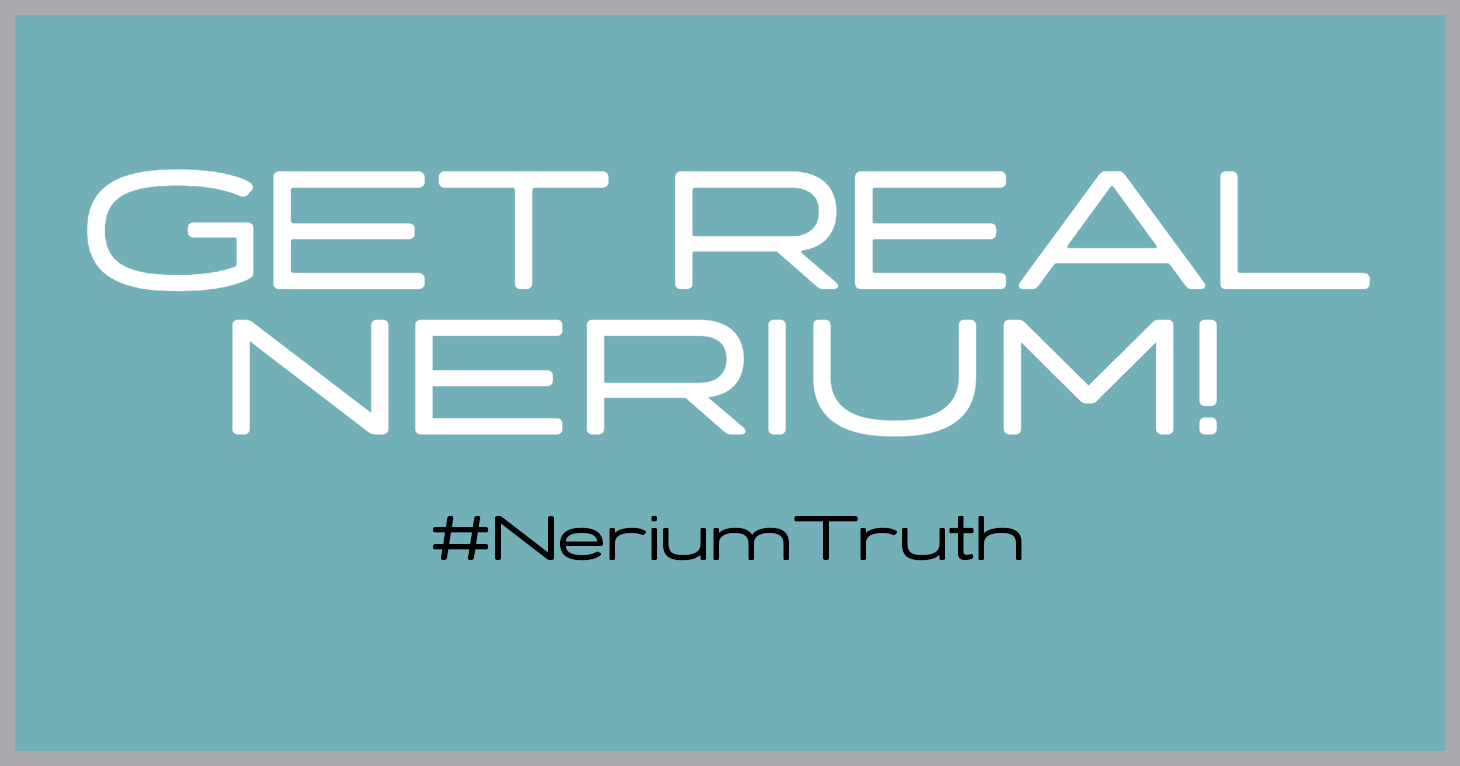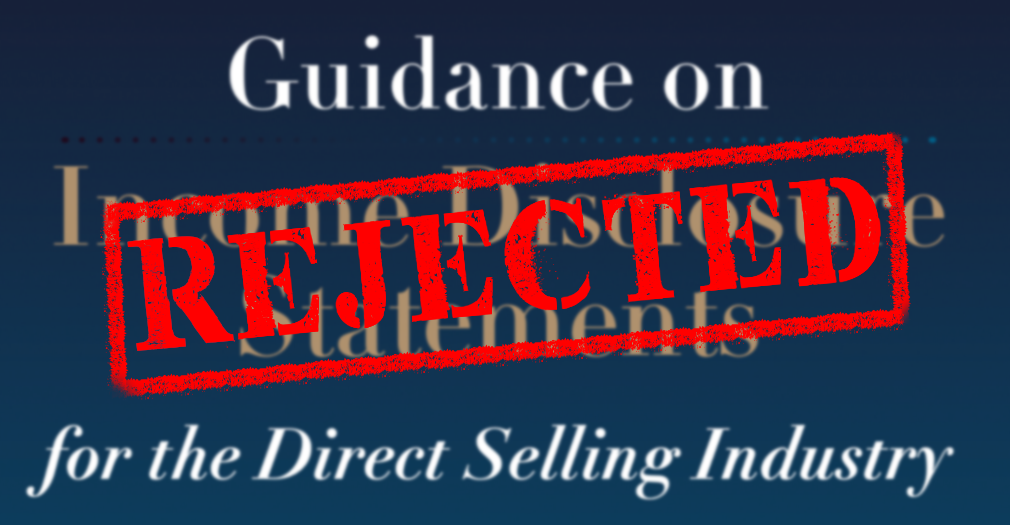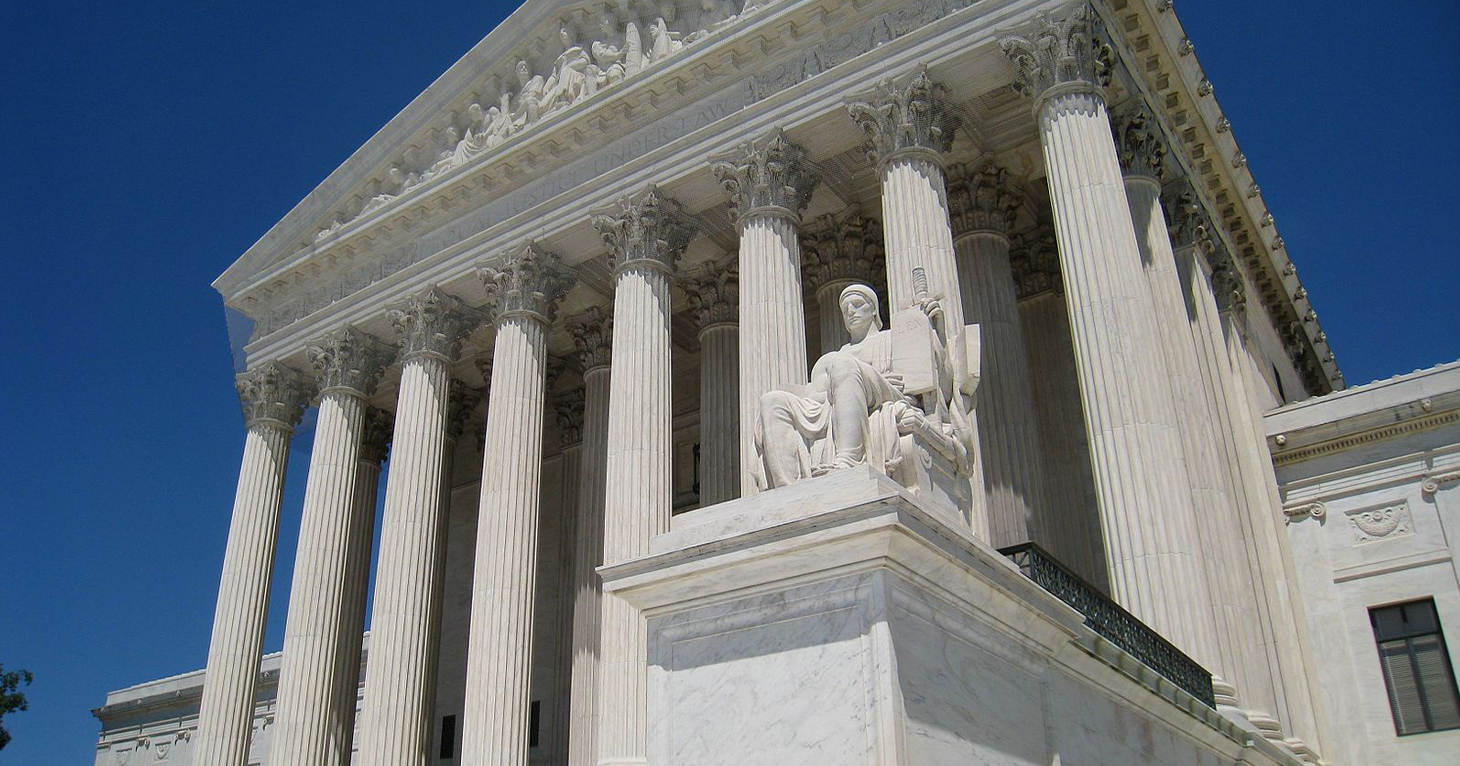
TINA.org Joins Consumer Advocates to Keep FTC Bipartisan
Why agency independence is in the best interests of consumers.
Watch for #NeriumTruth social media campaign exposing company's inappropriate health and income claims.
| | Bonnie Patten
UPDATE 9/28/23: Nearly four years after the FTC filed a lawsuit against Nerium/Neora accusing the company of, among other things, operating an illegal pyramid scheme, a federal court has found that the agency failed to provide enough evidence to support its claims and has entered a final judgment in favor of the company. The FTC has the option to appeal the decision, which followed a non-jury trial. Our original article follows.
Brazenly ignoring FTC and FDA law (and the DSA code of ethics), which explicitly prohibit unsubstantiated health claims and exaggerated income claims, the Multilevel Marketing – a way of distributing products or services in which the distributors earn income from their own retail sales and from retail sales made by their direct and indirect recruits. company Nerium International and its distributors, who market anti-aging products that include creams, serums and a brain supplement, continue to litter the internet with advertisements touting the miracle effects of its products, and claims that Nerium brings members financial freedom. Prompted by Nerium’s compliance department’s apparent inability to spot and silence these posts, TINA.org is launching a Twitter campaign — #NeriumTruth – to expose dozens of URLs making inappropriate health and income claims about Nerium. The goal is to incentivize Nerium’s compliance department to seriously “Get Real” as it promotes in its 2017 conventions and get the job done.
Why #NeriumTruth
Over a year ago, TINA.org alerted Nerium, the FTC, and the DSA that improper health and income claims about Nerium were all over the internet. At that time, TINA.org provided more than 100 examples of disease treatment claims being made that assert Nerium products could treat, prevent and/or cure everything from Alzheimer’s to gangrene to skin lesions, and more than 100 exaggerated income claims. Since that time, TINA.org has catalogued more than 450 inappropriate health and income claims made by Nerium and its distributors.
In response, Nerium has consistently said that it is “interest[ed] in protecting consumers from deceptive advertising,” and that the company takes “proactive measures . . . in an effort to prevent these types of issues from occurring in the first place.”
Promises, promises
For all of Nerium’s talk, however, it is clear that complying with FTC and FDA law is not the company’s top priority. This fact is evident from the plethora of URLs continuing to make Nerium health claims. For example, here are four recent posts made by Nerium distributors:
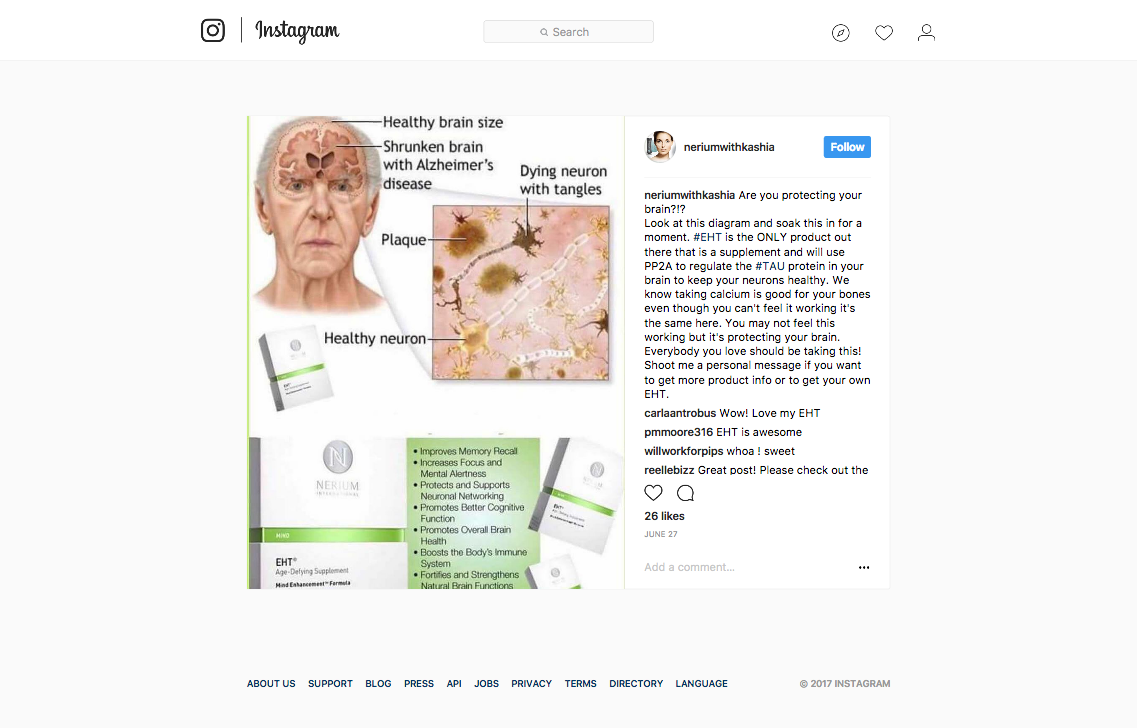
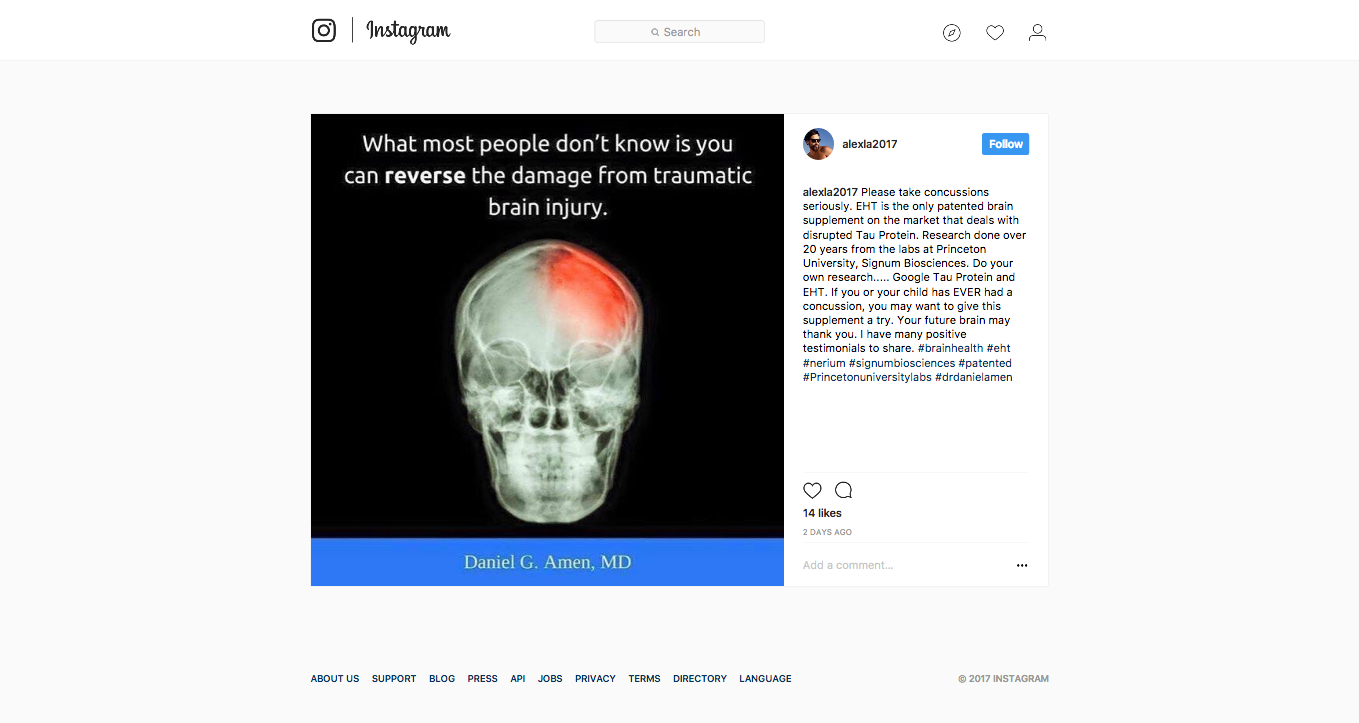
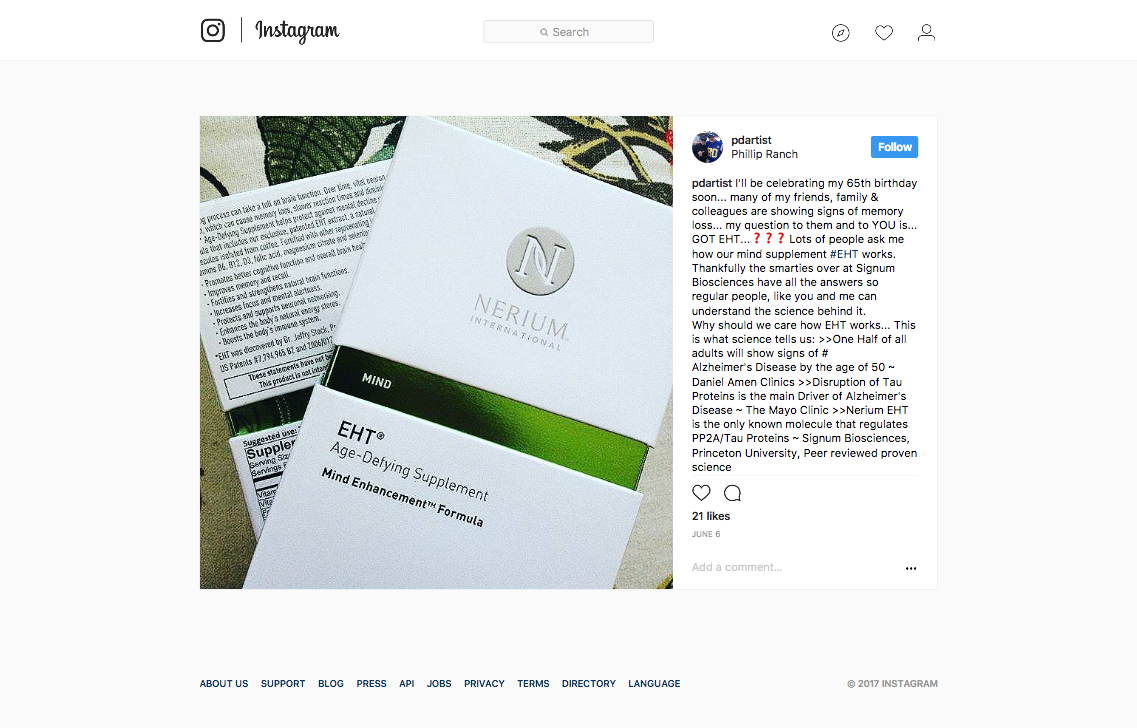
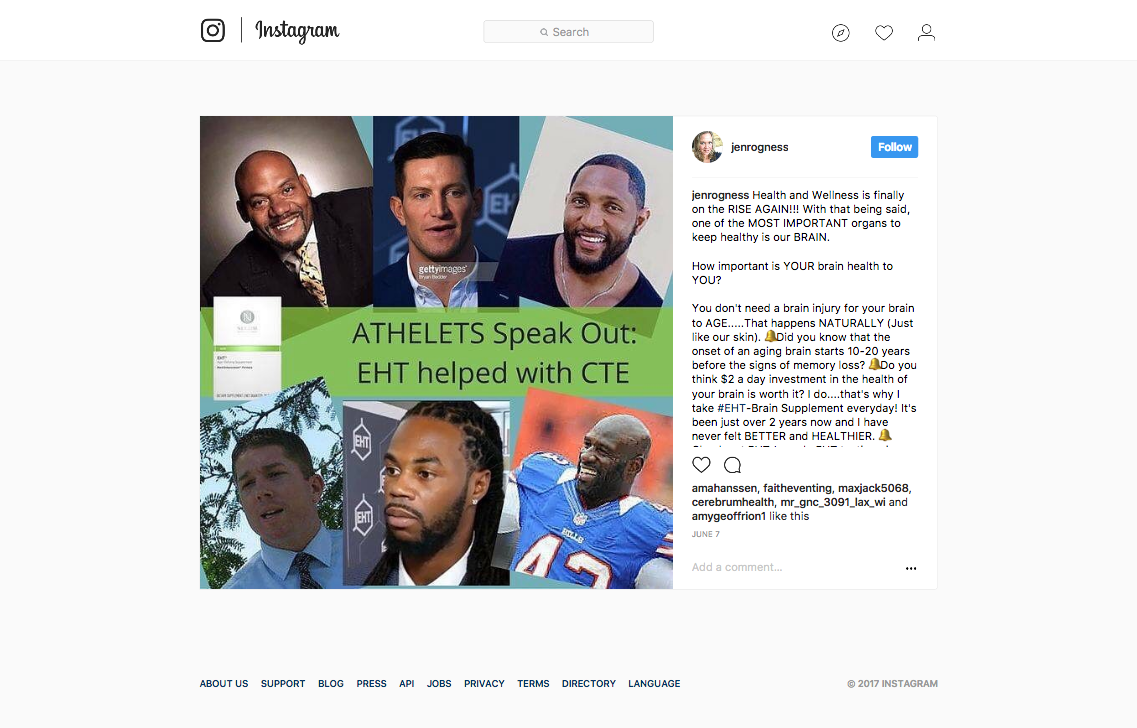
As for exaggerated income claims, one need look no further than Nerium’s own website, where you will find the following claims (despite the fact that the majority of Nerium distributors make little to no money):
Join the campaign
If you’d like to help motivate Nerium to silence posts and videos making unsubstantiated health and income claims, feel free to join our Twitter campaign and expose any inappropriate Nerium health and/or income claims using #NeriumTruth.
Why agency independence is in the best interests of consumers.
Advisory opinion letter raises “serious concerns” with self-reg group’s guidance.
And if you don’t know, now you know.
